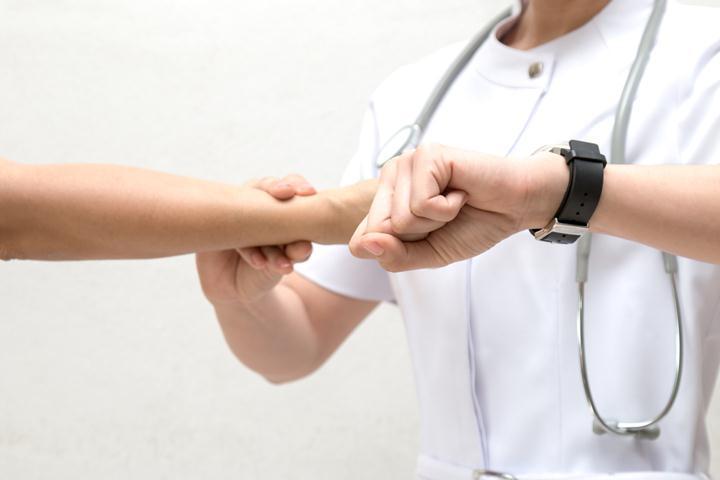Before getting into the various allergy treatments to combat this issue, let us first explore the details of allergies and its symptoms.
So, what is an allergy?
An allergy is an overreaction of the body’s immune system to harmless substances. Most common allergens include pollen, dust, nuts, and certain medications. Usually, the sensitivity builds over time when a person comes into contact with allergens, after which the immune system strikes to try and fight the substance out of the body. The body needs to identify and remember the allergen in order to start making antibodies that would later attack it. This process is known as sensitization and often takes several days or years to build.
However, the patient may experience symptoms of the reaction before the full allergy comes to play. Symptoms of allergic reaction often include blocked nose, cough, runny nose, itchy eyes and nose, swollen and watery eyes, skin peeling, skin rashes, swollen tongue, vomiting, chest tightness, anxiety, and shortness of breath among others, depending on the allergen in question.
Allergy Treatments
The topmost effective management and treatment of an allergy is avoiding contact with the allergen. Unfortunately, that is sometimes not achievable because, for instance, allergens like pollen tend to multiply and float in the air during hay fever seasons.
Medications
Different medications help to manage the symptoms of an allergic response. Worth noting is that the drugs do not cure the allergy, they treat the signs. Most medications are accessible over-the-counter but it’s advisable that you consult with your doctor or pharmacist first. Drugs often used to treat allergy include:
Decongestants: these are short-term medications and are used to unblock the nose in case of pet allergy, hay fever, or dust allergy.
Steroid sprays: these are also known as corticosteroid sprays, applied inside the linings of the nose, and are good for nasal congestion.
Antihistamines: as the name suggests, these block the reaction of histamine in the body. However, use with caution as certain antihistamine drugs can be harmful to children.
Anti-leukotriene or leukotriene receptor antagonists: these are applied when asthma treatment fail to work. They help to block the effects of leukotriene that is released during an allergic response.
Immunotherapy
Adding to the list of allergy treatments, we also have immunotherapy, which is also known as hyposensitization. Immunotherapy is a type of therapy that capitalizes on rehabilitating the immune system over time. The doctor will analyze different aspects of your condition and gradually administer increased doses of the allergen over a period of years to hyposensitize the immune system.
The goal of immunotherapy is to induce long-term tolerance to decrease frequent releases of lgE production. Nonetheless, this treatment option is recommended for severe allergies.
Featured Image: depositphotos/kongsak_kk




